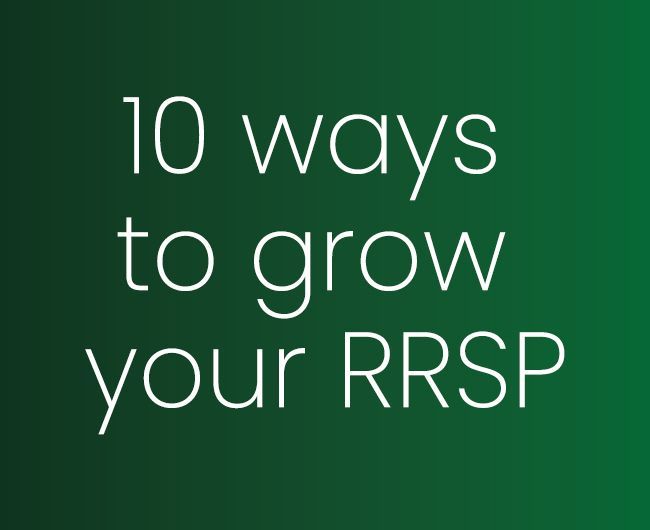Many people are juggling busy lives, from work to child care and everything in between. To get through your daily to-do list, are you sacrificing sleep? You shouldn’t.
Since childhood, we’ve been told a good night’s sleep is important. Knowing the importance of sleep and actually making time for it are two different matters. It might be tempting to trade off some sleep time in order to get more things done, or to rely on a cup (or more) of coffee to keep you going when sleep deprived.
However, as the medical community conducts more research into the science of sleep, they are finding out just how crucial it is to our mental and physical wellbeing to get enough sleep.
Not only do you need enough hours of sleep each night, but you also need sound sleep instead of a restless type of sleep.
As you continue navigating the many challenges caused by the pandemic, increased stress may be one of the factors disrupting the quality of your sleep.
Are you sleeping enough?
Before we look at some of the drawbacks of not getting enough sleep, let’s consider what “enough sleep” means. As you might expect, there’s no magic number of hours that satisfy the requirement for adequate sleep. Everyone has their own body clock and personal sleep needs, but in general it’s recommended that
adults should aim for seven to nine hours per day as part of good sleep hygiene.
If roughly eight hours a night sounds unattainable to you, maybe you’ll commit to getting more sleep when you discover how a sleep deficit interferes with your health.
Common consequences of insufficient sleep
Despite best intentions, few people get the right amount of sleep every night. It’s not a concern if you miss out on a few hours of sleep from time to time, but when sleep deprivation becomes habitual, you put yourself at risk of certain ailments and conditions. According to Healthline.com, these issues include but are not limited to the following:
- Memory issues:
Your brain needs adequate sleep to absorb and remember new information
- Lack of focus: Your ability to concentrate, solve problems and avoid accidents relies on getting enough sleep
- Moodiness: A lack of sleep may make you emotional, quick-tempered, anxious or depressed
- Weakened immunity: Sleep promotes a strong immune system that can help fend off viruses
- Chronic conditions: High blood pressure, diabetes, obesity and heart disease are linked to insufficient sleep
This list of ailments and conditions is not meant to stress you even more, but it’s a reminder that getting the shuteye you need is not just about having your “beauty sleep.” Without enough sleep on a regular basis, you put yourself at risk of serious health issues.
Tips on how to get quality sleep
Fortunately, there are proven ways to ensure you can enjoy a better night’s sleep that will leave you feeling refreshed, energetic and ready to tackle the day’s challenges.
The U.S. Centers for Disease Control and Prevention offer five sleep hygiene tips:
- To establish your circadian rhythm, which regulates your sleep-wake cycle, try going to bed at roughly the same time each night (including weekends, if possible) and wake up around the same time each morning.
- Minimize the use of electronic devices as you prepare for bedtime. Many people watch TV or spend time on their phone/tablet in bed. Not only may this practice overstimulate your mind and keep you awake, but blue light emitted from electronic devices may disrupt your sleep
- Keep your bedroom quiet, relaxing and as dark as possible Also maintain a comfortable bedroom temperature (cool is usually better for sleeping), as sleep is difficult when it’s too hot or cold
- Avoid large meals and caffeine or alcohol before bedtime, as you’ll be taxing your body to digest and process food and drink instead of letting your body focus on sleep
- Be physically active and exercise during the day, but strive to curtail your activities within a few hours before going to bed. Being active in the daytime can help you fall asleep more easily and deeply at night
Investment Planning Counsel



